

— Products —
 Consumer hotline +8618073152920
Consumer hotline +8618073152920 WhatsApp:+8615367865107
Address:Room 102, District D, Houhu Industrial Park, Yuelu District, Changsha City, Hunan Province, China
All products
Agricultural environmental sensors include temperature sensors, humidity sensors, pH sensors, NPK sensors, gas sensors, biosensors, photoelectric sensors, and pressure sensors.These sensors can monitor the temperature, humidity, nitrogen, phosphorus, potassium and other elemental content of the soil and air, as well as the pH of the soil, the type and concentration of gases and other environmental factors, to help farmers and growers better understand the environment in which···
Tel/WhatsApp:+8615367865107
Email:Arvin@niubol.com +Nearly 100 partner companies in more than 68 countries. We are committed to providing high-quality, practical products to meet your needs and help you solve problems. Our products comply with international standards and are certified with ISO, CE and RoHS.Product Details
Agricultural environmental sensors include temperature sensors, humidity sensors, pH sensors, NPK sensors, gas sensors, biosensors, photoelectric sensors, and pressure sensors.
These sensors can monitor the temperature, humidity, nitrogen, phosphorus, potassium and other elemental content of the soil and air, as well as the pH of the soil, the type and concentration of gases and other environmental factors, to help farmers and growers better understand the environment in which the plants are growing, and to keep up to date with changes in the environment, so as to ensure that the growth of the plants and the quality of the crops are at a relatively good level.
 | 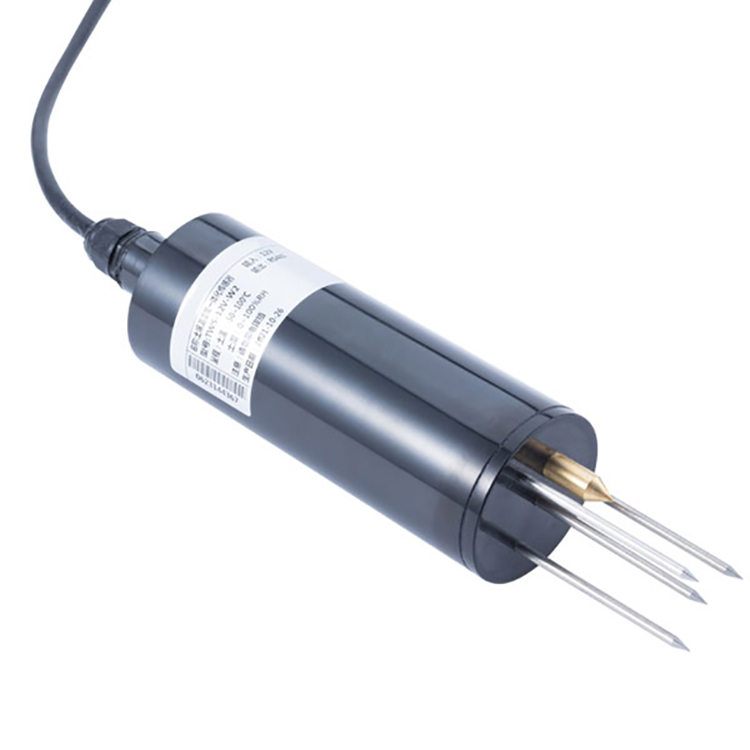 | 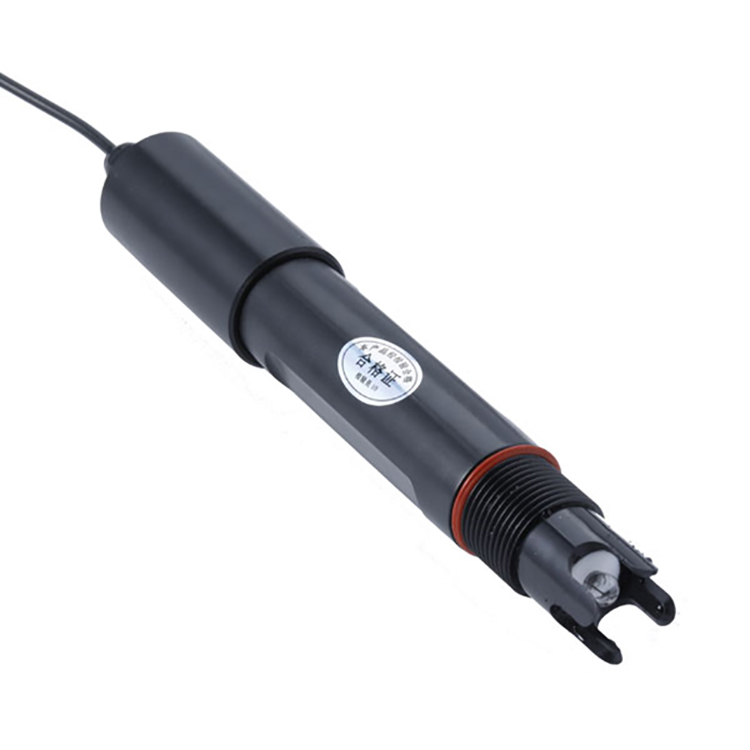 |  |
| Soil NPK Sensor | Soil Moisture Temperature sensor | Soil pH sensor | 3-in-1 Soil Temperature Humidity EC Sensor |
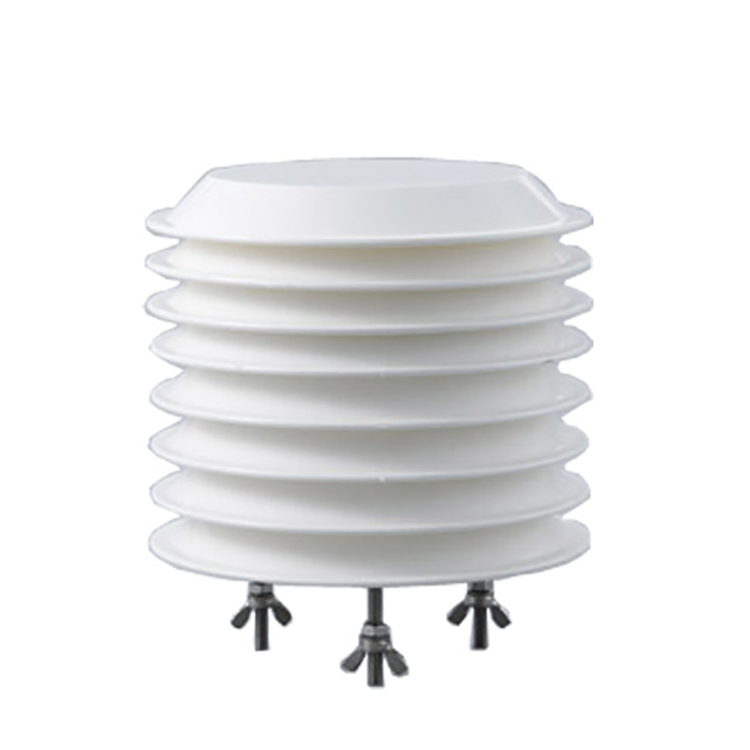 | 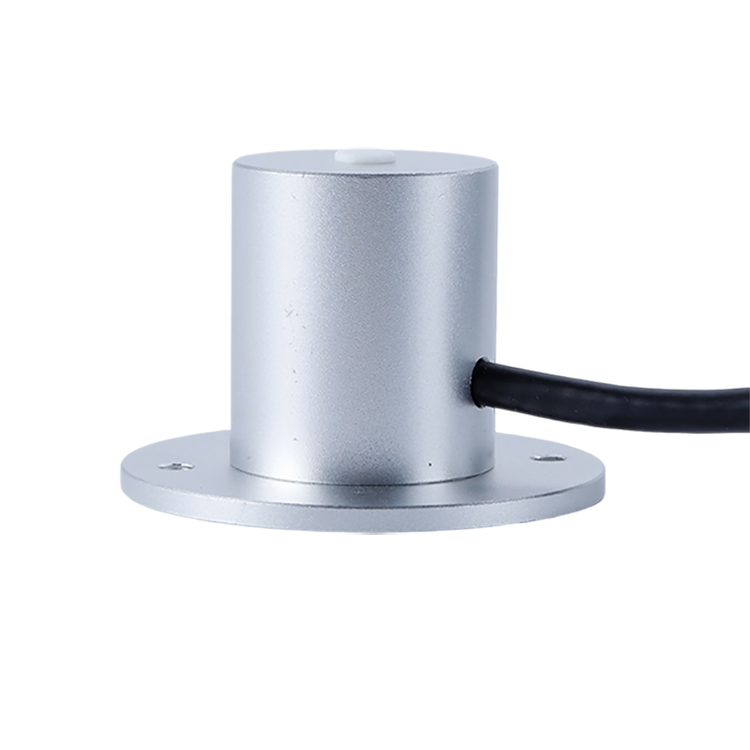 | 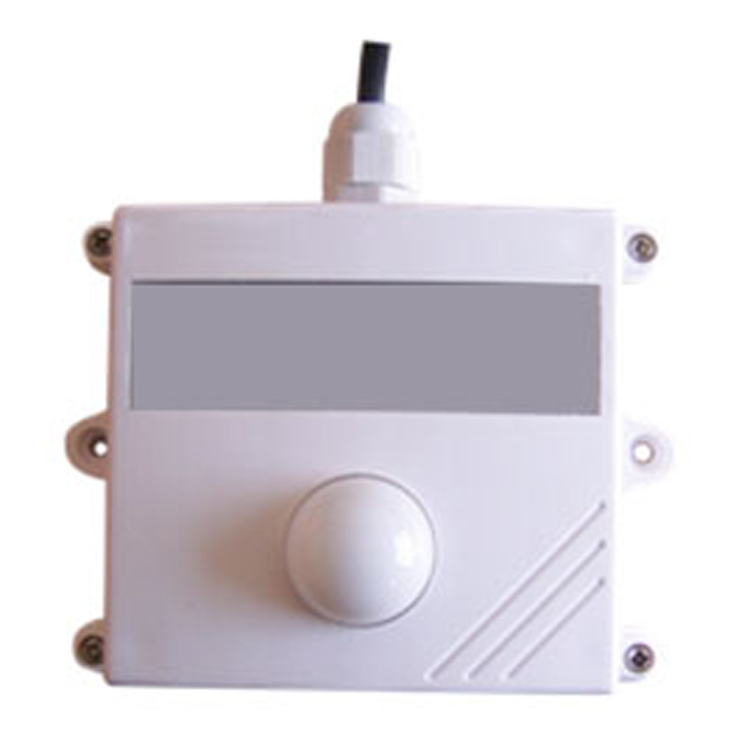 | 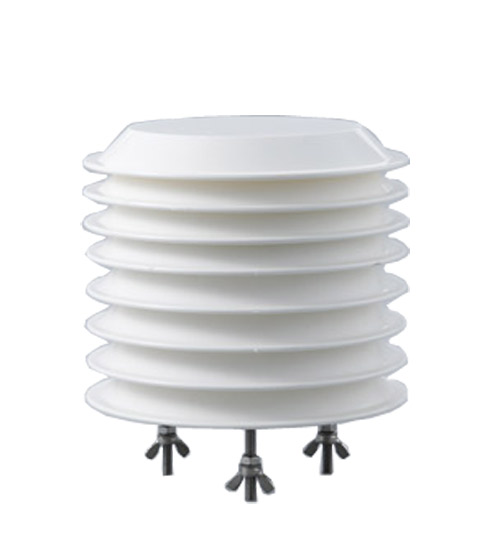 |
| Atmospheric Temperature Humidity air pressure Sensor | Photosynthetically Active Radiation Sensor | illumination sensor | Carbon dioxide sensor |
Soil monitoring: Agricultural environmental sensors can monitor the soil temperature, humidity, pH value, nitrogen, phosphorus, potassium and other elements content, as well as organic matter content, etc., to help farmers and growers to understand the soil condition, and to provide a better environment for crop cultivation.
Air monitoring: Agricultural environmental sensors can monitor the air temperature, humidity, air pressure, wind speed and other meteorological data, as well as carbon dioxide, oxygen and other gases in the air, to help farmers and growers to understand the air conditions, to provide a better growing environment for crops.
Water quality monitoring: Agricultural environmental sensors can monitor the temperature, pH, dissolved oxygen, turbidity, ammonia nitrogen and other water quality indicators of the water body, to help farmers and growers understand the water quality conditions, to provide better irrigation water for crops.
Plant growth monitoring: Agricultural environmental sensors can monitor plant growth status, leaf area, chlorophyll content and other indicators, as well as plant photosynthesis, transpiration and other physiological processes, to help farmers and growers understand the plant growth status, to provide better growing conditions for crops.
Pest and disease monitoring: Agricultural environmental sensors can monitor the situation of plant pests and diseases, such as the number, types, and distribution of pests and diseases, helping farmers and growers to detect pests and diseases in time and take effective preventive and control measures.
Decision support: The data monitored by Agricultural environmental sensors can provide farmers and growers with decision support, such as irrigation time, type and amount of fertiliser, pesticide use, etc., to improve agricultural productivity and crop yield.
In conclusion, the application of agricultural environmental sensors can help farmers and growers better understand the environment in which crops grow, keep abreast of environmental changes, provide better growing conditions for crops, and improve agricultural productivity and crop yields.
Improve agricultural production efficiency: agricultural environmental sensors can monitor environmental factors such as soil, air, water quality and other environmental factors in real time, providing accurate environmental data for farmers and growers to help them develop more scientific and reasonable planting and management programmes, thus improving agricultural production efficiency.
Saving resources: through the monitoring of environmental factors, agricultural environmental sensors can help farmers and growers to achieve precise fertiliser application, water-saving irrigation and other resource use efficiency, avoid waste and reduce agricultural production costs.
Improve crop yield and quality: agricultural environmental sensors can monitor the growing environment and physiological state of crops, timely detection and resolution of problems affecting crop yield and quality, thus improving crop yield and quality.
Promote the sustainable development of agriculture: agricultural environmental sensors can help farmers and growers to understand and improve the agro-ecological environment, and realise the sustainable development of agriculture.
Realise automation and intelligent management: agricultural environmental sensors can be combined with other intelligent devices, such as drones and intelligent robots, to realise automation and intelligence in agricultural production management, reduce farmers' labour intensity, and improve agricultural production efficiency and management level.
Enhancement of agricultural anti-risk ability: through the monitoring of environmental factors and crop growth status, agricultural environmental sensors can help farmers and growers to predict and respond to natural disasters, pests and diseases and other risks in a timely manner, and enhance the risk-resistant ability of agriculture.
In summary, agricultural environmental sensors have many advantages such as improving agricultural production efficiency, saving resources, improving crop yield and quality, promoting sustainable development of agriculture, realising automation and intelligent management, and enhancing agricultural risk-resistant ability, etc., which is an important support for the development of modern agriculture.
Sensors & Weather Stations Catalog
Agriculture Sensors and Weather Stations Catalog-NiuBoL.pdf
Weather Stations Catalog-NiuBoL.pdf
Related recommendations
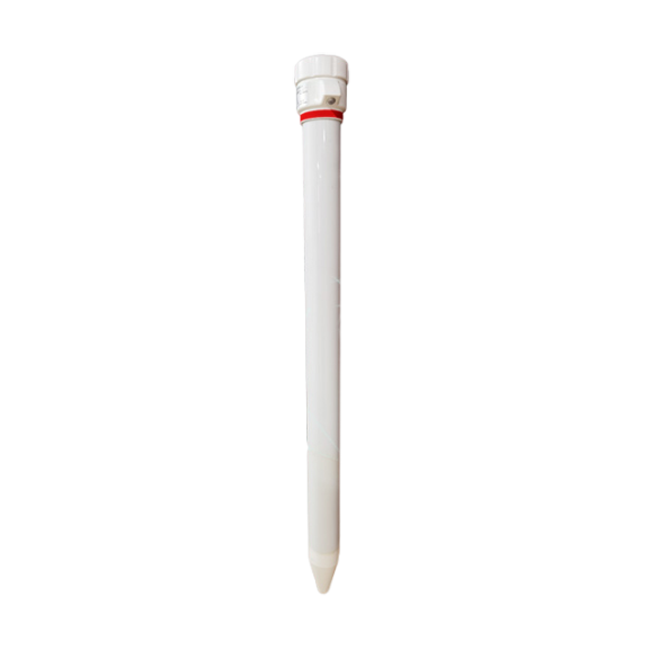 Multi-Depth Soil Sensor RS485
Multi-Depth Soil Sensor RS485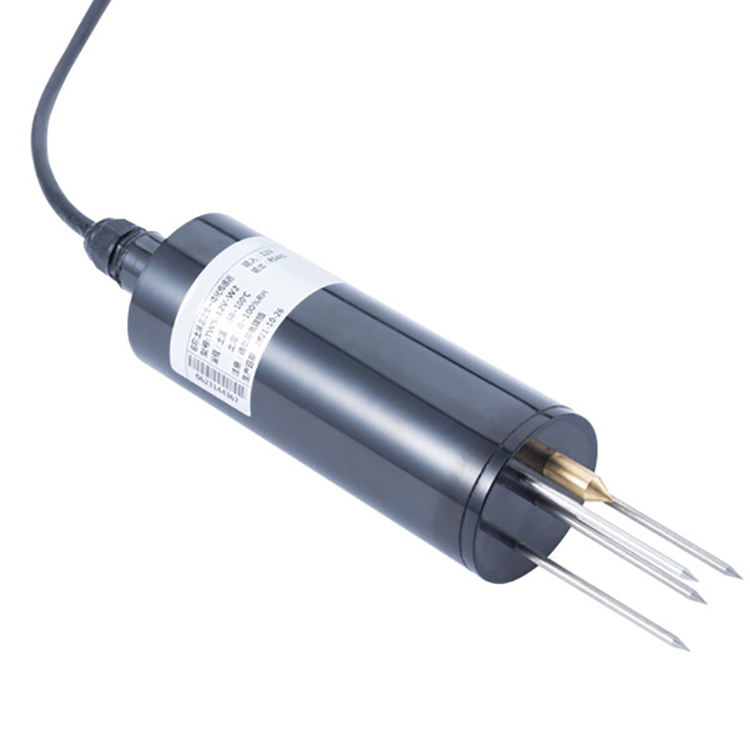 TDR Soil Moisture Sensor
TDR Soil Moisture Sensor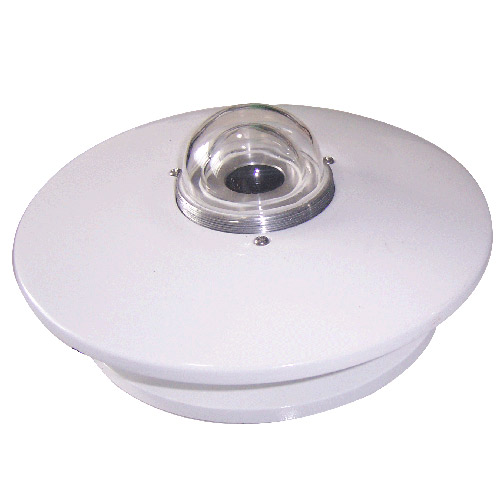 Pyranometer Solar Radiation Sensors
Pyranometer Solar Radiation Sensors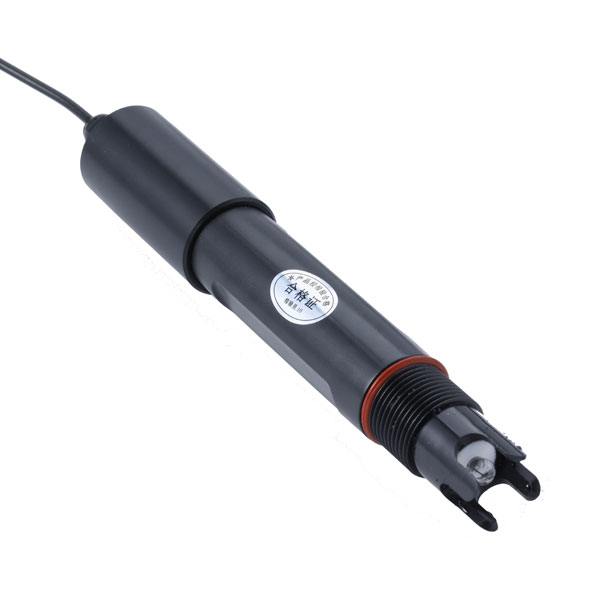 Soil ph sensor
Soil ph sensor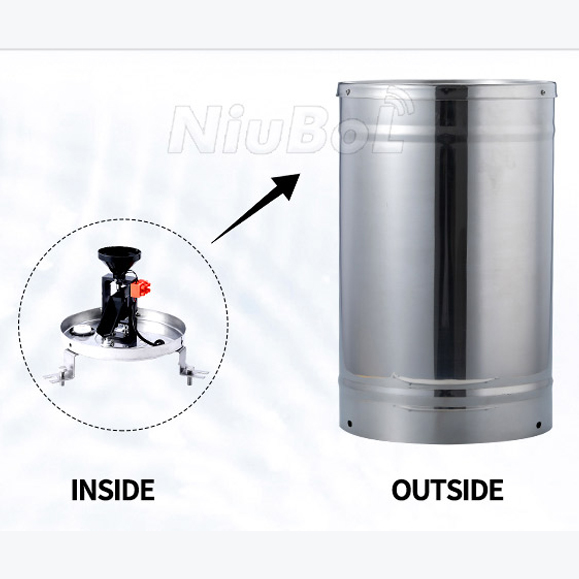 Tipping Bucket Rain Gauge
Tipping Bucket Rain Gauge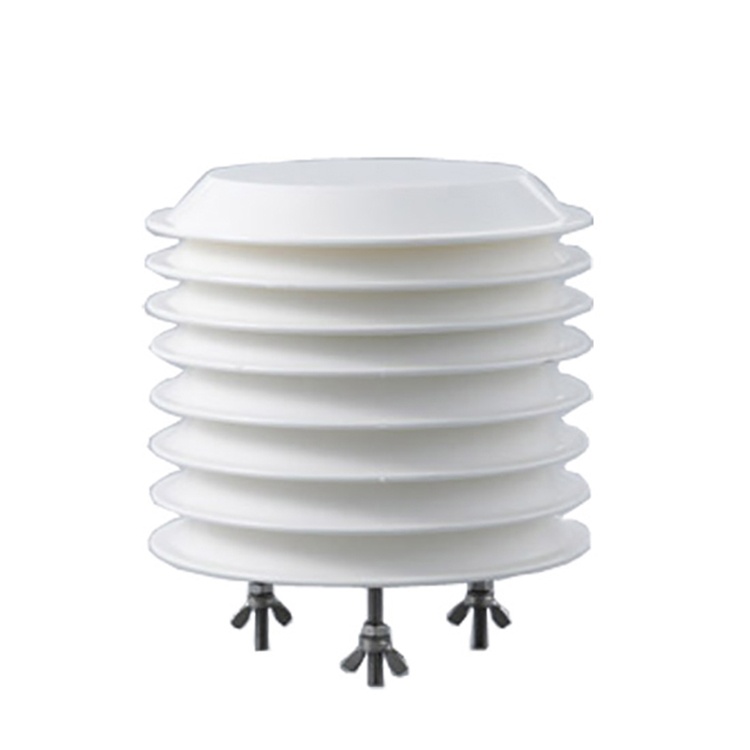 Air Temperature and Humidity Sensor
Air Temperature and Humidity Sensor
Screenshot, WhatsApp to identify the QR code
WhatsApp number:+8615367865107
(Click on WhatsApp to copy and add friends)
